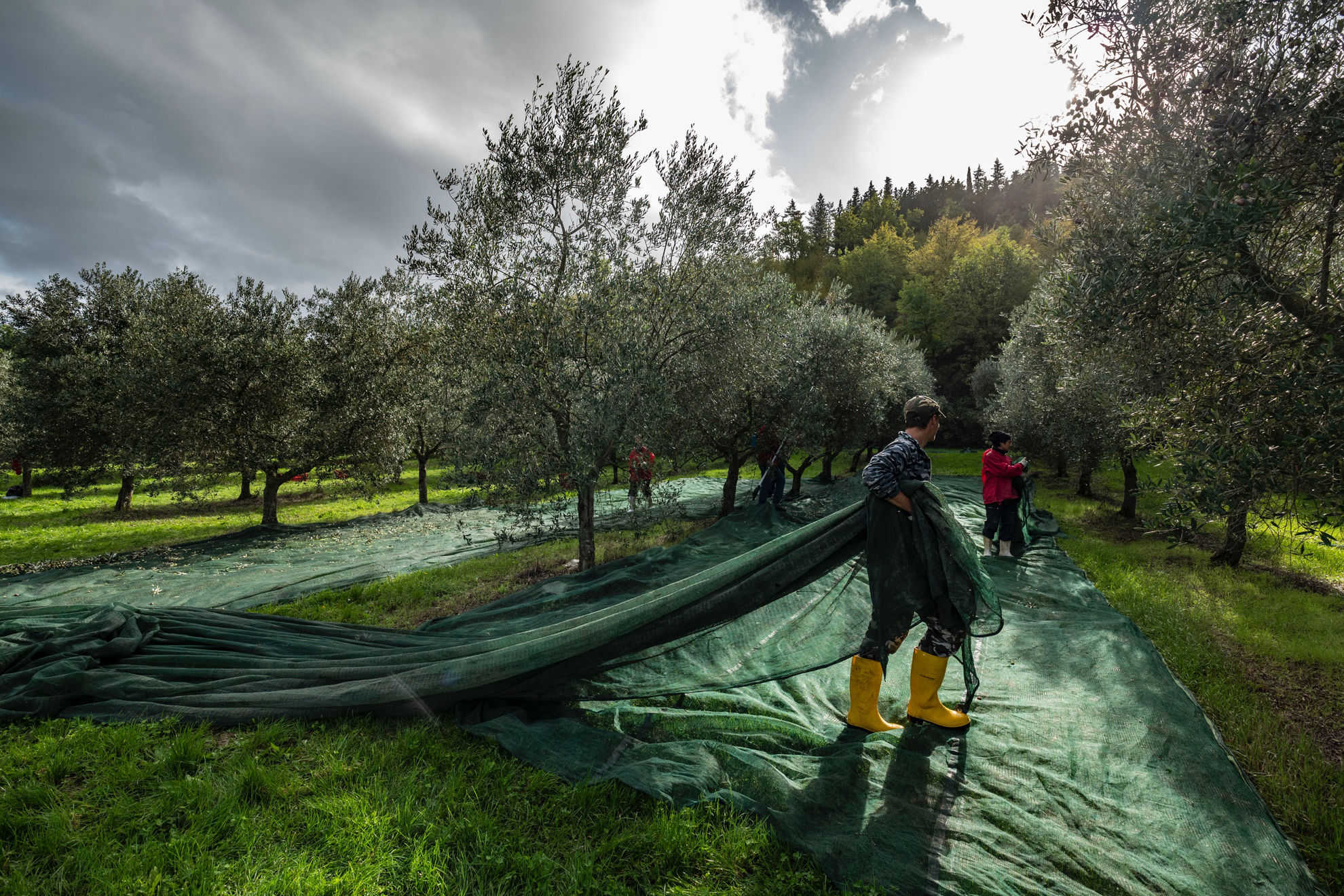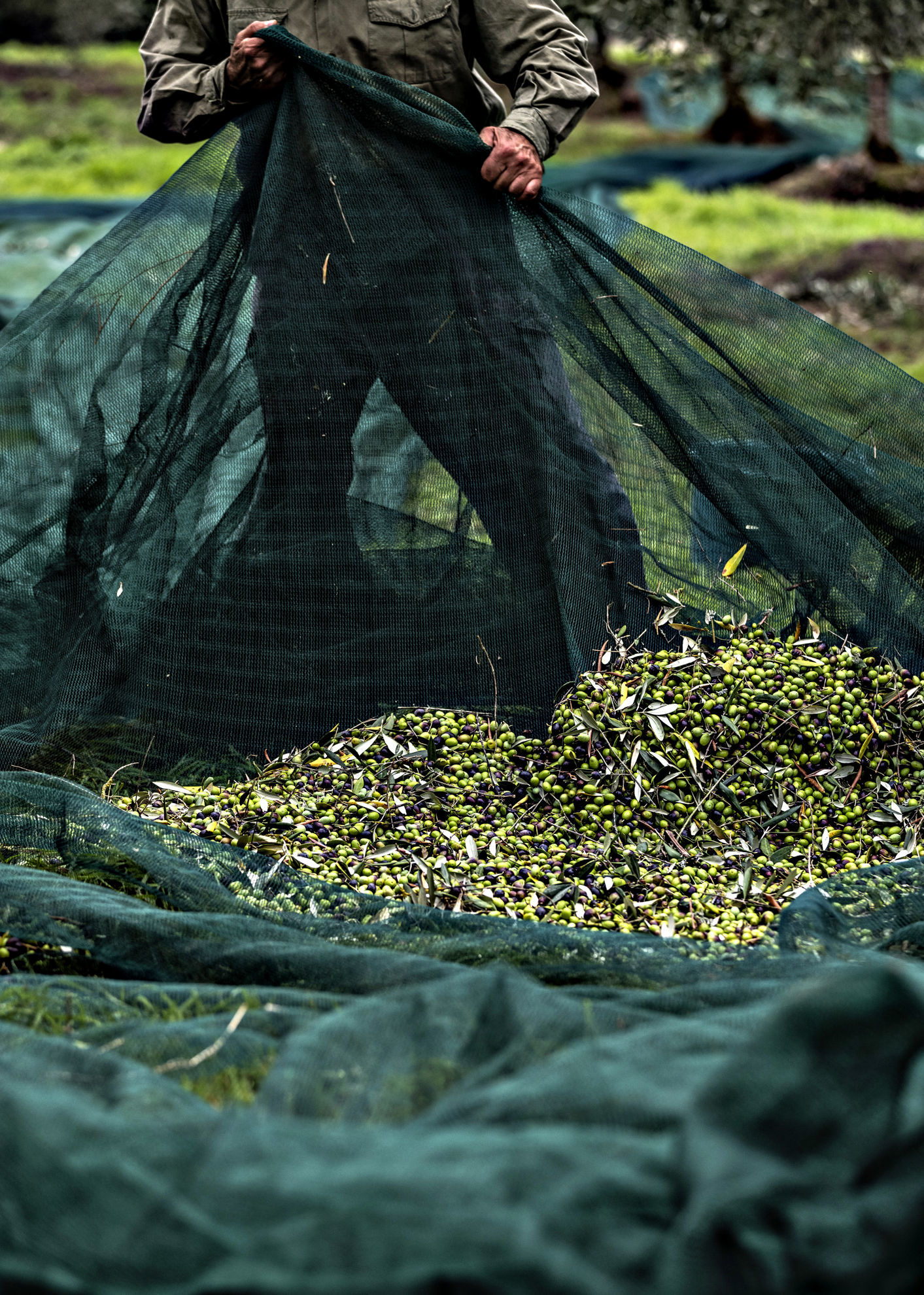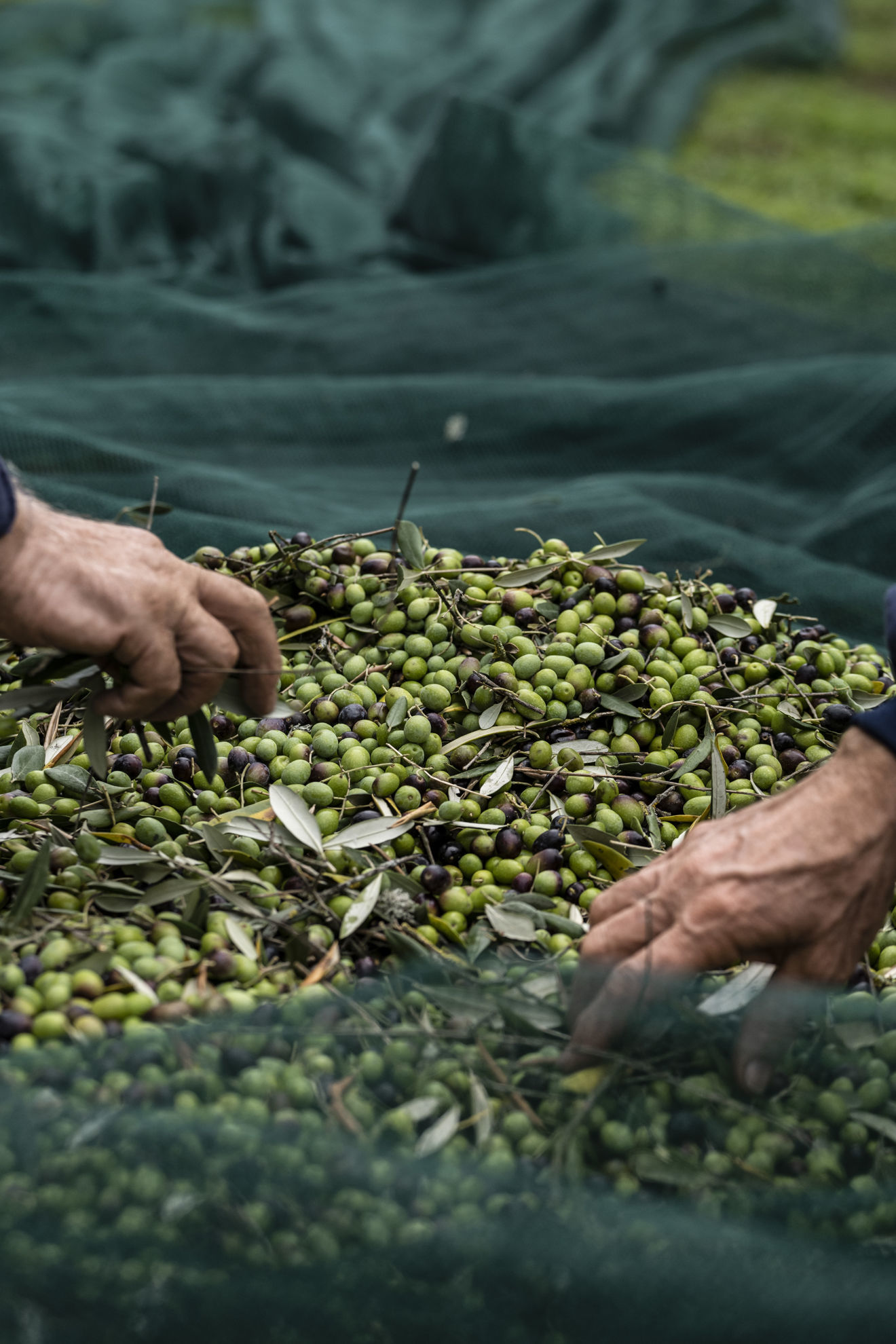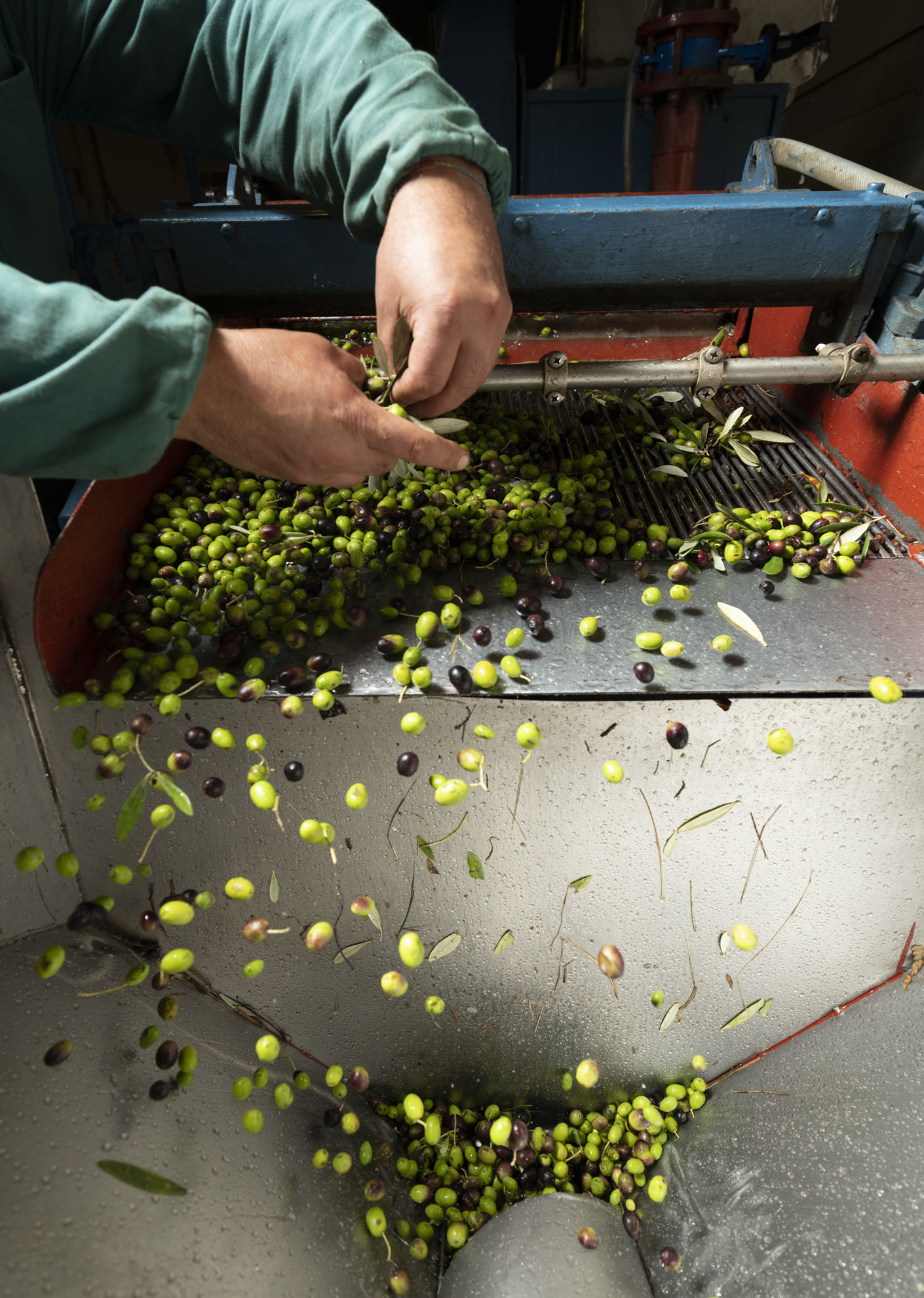
Olive oil is a key product in the Mediterranean diet. Thanks to its unmistakable flavor and the numerous health benefits it brings, olive oil has become an indispensable element in the daily diet of millions of people worldwide.
Its significance extends well beyond culinary applications. Extra virgin olive oil embodies the cultural and historical heritage of the Mediterranean regions. However, as awareness of the environmental impact of modern agriculture grows, there is an increasing demand for sustainable practices. Thus, tradition and innovation come together to safeguard the health of our planet and future generations.
An example of excellence in this field is Laudemio Frescobaldi. Our company stands out for its long tradition and commitment to producing a high-quality olive oil obtained only through sustainable agricultural practices. Let us take a closer look at what they are.
Laudemio Frescobaldi: A Legacy of Excellence and Quality
The history of Laudemio Frescobaldi oil has its roots in Tuscany, a region famous for its olive groves and olive culture. For hundreds of years the Frescobaldi family has been intimately linked to the history of Tuscany, always valuing its land and its fruits. This long journey has allowed the family business to develop a profound knowledge of olive growing techniques, always with an eye on the quality of the final product and sustainable agricultural practices.
Laudemio Frescobaldi's mission is to provide an extra virgin olive oil that embodies the excellence of the Tuscan region and is celebrated by connoisseurs worldwide. This is achieved through agricultural practices that honor the environment and promote sustainability. Each drop of olive oil is not only exceptional but also produced with a commitment to respecting nature.
Sustainable Agriculture and Innovative Olive Cultivation Techniques
Sustainable agriculture focuses on olive cultivation that respects the limits of nature and avoids pollutants to maintain environmental balance. Sustainable olive-growing techniques are grounded in principles designed to preserve soil fertility, protect biodiversity, and minimize environmental impact.
What are examples of sustainable agricultural practices?
Sustainable agricultural practices mainly include crop rotation and, the use of cover crops to protect the soil and ensure pest control. These techniques not only improve soil quality and plant yields, but also help maintain a balanced ecosystem.
What is the difference between conventional farming and sustainable agriculture?
Conventional agriculture often depends on the intensive use of chemicals to maximize productivity, which can deplete and pollute the soil. In contrast, sustainable agriculture relies on natural methods, reducing the negative impact on the environment while improving the quality of agricultural products.



Sustainable Agricultural Practices of Laudemio Frescobaldi
At Laudemio Frescobaldi, we meticulously apply all the principles of Integrated and Sustainable Agriculture, which is why we obtained the AgriQuality certificate in 2012. Additionally, we are the first in the Tuscany region to have received PEFC certification, ensuring sustainable forest management.
Other practices used that are environmentally friendly:
- Organic fertilization: use of natural compost to enrich the consumption of nutrients.
- Olive tree pruning: to promote healthy plant growth and prevent diseases.
- Drip irrigation: reduces water consumption and ensures that the plants receive only the amount they need to grow optimally.
The olive harvest is a critical moment in the entire production process. Laudemio Frescobaldi is dedicated to harvesting the fruit sustainably. While manual harvesting can present challenges, we utilize machinery with the utmost care to avoid damaging the olives and the plants.
The use of natural and sustainable methods results in a pure olive oil that is rich in flavor and nutrients, reflecting the unique character of the Tuscan landscape while respecting its biodiversity.
Other environmentally friendly farming methods?
Here are a few examples:
- Permaculture: This approach is grounded in ecological principles and sustainable design, integrating plants, animals, and housing into an agricultural system that mimics natural ecosystems while minimizing waste and the use of external resources.
- Biodynamic agriculture: It employs a holistic approach that incorporates specific soil and plant preparations while considering the influence of lunar and cosmic cycles on plant growth.
- Precision agriculture: It utilizes advanced technologies such as sensors, drones, and GPS to monitor and manage crops with precision, optimizing the use of resources like water and fertilizers while minimizing environmental impact.
The Benefits of Sustainable Olive Oil
Consuming a sustainably produced oil offers numerous advantages because the composition of olive oil also changes based on the types of olive oil.
The properties and health benefits of extra virgin olive oil also depend on how it is produced, whether through sustainable agriculture or not.
Sustainably produced olive oil is rich in antioxidants and monounsaturated fatty acids, which can lower the risk of heart disease and enhance overall health. Environmentally, sustainable practices reduce soil and water pollution, preserve biodiversity, and promote the resilience of agricultural ecosystems.
Conclusion: Embracing the Sustainable Quality of Laudemio Frescobaldi
In conclusion, producing olive oil through sustainable agricultural practices is a mindful and responsible choice that safeguards both our health and that of the planet.
Laudemio Frescobaldi, with its rich tradition and commitment to sustainability, exemplifies how quality can coexist with environmental stewardship. Choosing Laudemio Frescobaldi extra virgin olive oil means not only savoring an exceptional product but also contributing to environmental protection and the promotion of more sustainable agriculture.